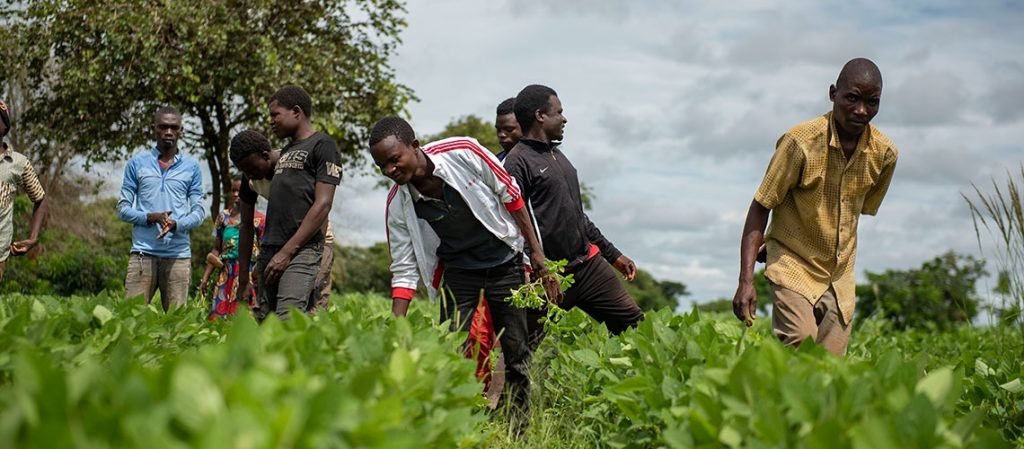By PanAfrican Agriculture Correspondent
The additional funding to the second phase (2016-2023) of Africa Centres of Excellence (ACE II) project will foster cooperation with Malawi, Mozambique and the InterUniversity Council for East Africa (IUCEA) to further build the region’s capacity to provide high quality training and applied research in the field of agriculture.
“We are committed to transforming Africa from the ‘first stage of development’ where economies are factor-driven and their competitiveness is based on factor endowments (unskilled labour and natural resources) to the second ‘efficiency-driven’ stage where economies adopt efficient production practices to increase productivity.
We recognise that to reach this latter stage, stronger higher education systems will play a key role in improving competitiveness,” said Boutheina Guermazi, World Bank Director for Regional Integration for Sub-Saharan Africa, the Middle East and Northern Africa.
ACE II, which is in its fifth year of implementation, has made significant progress in addressing the low institutional capacity of the higher education system in the region to train adequate numbers of professionals with the technical skills required to incorporate new knowledge and technologies into products and services.
The capacity of universities/ ACEs has been strengthened substantially and new programmes in areas that are critical to the region’s development developed or revised to increase their relevance.
The project has supported more than 8,000 students enrolled in Masters, PhD, or short-term programmes at the ACEs, a third of whom are female. This share of female students has increased from 31 percent in 2016 to 38 percent in 2020.
But given the large needs for highly skilled labour, there continue to be significant shortages in workers with highlevel (postgraduate level) skills, especially in the agriculture sector which need to be met urgently.
There also remain limitations in human resource capacity for undertaking applied research which is needed to increase agricultural productivity and food security in the region.
The additional financing provides incentives to participating institutions to focus on expanding outreach and information to prospective students and potential employers with the goal of driving demand for study places and graduates.
Students, faculty staff and communities will directly benefit from the strengthening of the agriculture ACEs through training, exchange programmes meant to promote research and teaching, accreditation of agriculture education programmes, enrolment on Masters and PhD programmes and access to internationally recognized research publications recognised by the ACE programme.

